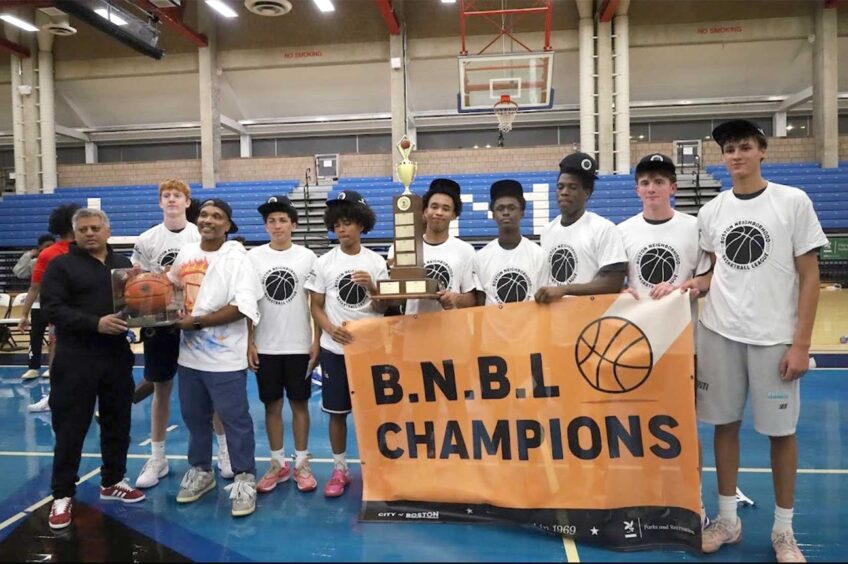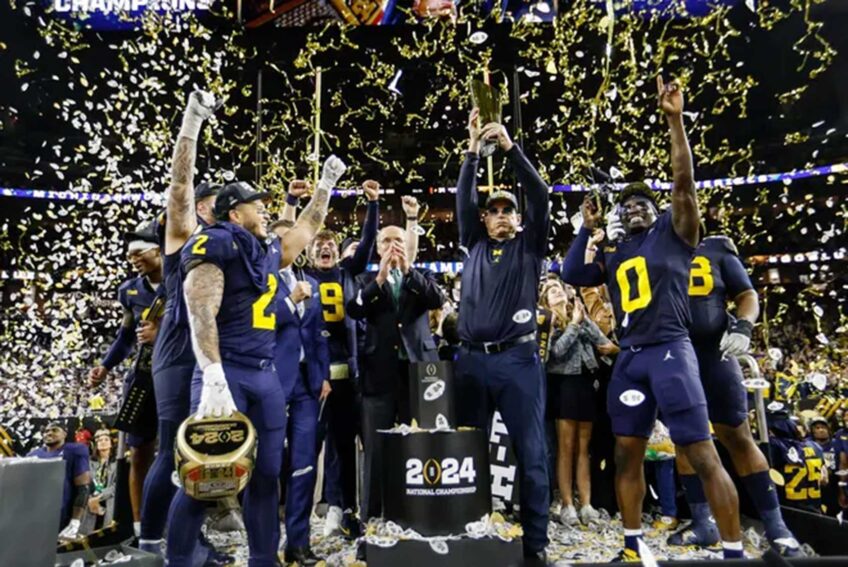Soccer great Pelé is largely credited with calling his sport “The Beautiful Game,” an affectionate phrase its media and admirers still like to turn to when other adjectives escape them.
But a closer look into soccer’s inner workings occasionally takes a bit of shine off the world’s biggest professional sport.
With the FIFA World Cup set to begin Nov. 20 in tiny but oil-rich Qatar, conferring this prestigious award a dozen years ago had people ambivalently shaking their heads and possibly holding their noses.
The size of Connecticut, Qatar has no real soccer tradition to call on. While backed by the flow of unlimited petrodollars, it had to build a massive infrastructure, including a new city and seven stadiums to host hold the multitudes of fans coming in for the 64 matches.
Even so, it appears not everything has gotten done. Qatari officials recently leased cruise ships to serve as floating hotels. That came at the expense of cruise enthusiasts who saw their bookings in this time summarily postponed.
Add to the summertime temperatures in the Arabian Peninsula that reach 120 degrees Fahrenheit and there was no chance of subjecting top athletes (not to mention fans) to those extreme conditions.
Thus you have the first autumnal World Cup, and the tournament’s timing is playing havoc with the European leagues and those worldwide which will have an enforced five-to-six week break in their schedules.
The abrupt opening to the tournament will leave national teams with little time to prepare, as players leave their clubs and go straight to camp. It also brings into doubt whether key players now suffering injuries will be available to play.
But by far the worst scenario has been the use of migrant workers to help with the constructing of other facilities like team lodging, roads, internal transport, airport improvements, etc., things any larger country would only need to tweak but not build anew.
The abject and brutal treatment of workers from India, Pakistan, The Philippines, Kenya, Nepal, Sri Lanka and Bangladesh has been beyond scandalous, with as many as 37 worker deaths attributed to the activities of getting the country ready. Far more workers have died during this time, but their deaths were not attributed to the construction efforts.
Zurich-based FIFA, the International Federation of Football Associations, takes pride in spreading the tournament around the globe. Japan and South Korea co-hosted the first Asian-held tournament in 2002; South Africa hosted the blessed continent’s first event in 2010; and Russia played host in 2018.
The Russians, who were praised for their favorable task four years ago, in which two million visited the country, were prevented from participating in next month’s affair because of the war in Ukraine. FIFA officials haven’t been particularly vocal about the working conditions in Qatar.
Power and corruption
Soccer’s power center sits in Europe, where the biggest and richest clubs are located, but other confederations do seek to influence the sport. Stories abound through the years with allegations of corruption and malfeasance.
One example hails back to 1974, when Brazilian businessman João Havelange launched a successful run for the FIFA presidency, for the first time supplanting a European in the organization’s top position.
Each member country, no matter how small or powerful, gets an equal vote. Havelange was believed to court the African countries’ 52 votes. His plan paid off, but not before angering the status quo and an English journalist, who quipped that it was a case of “small manila envelopes going into large black hands.”
The deceased Chuck Blazer, known as Mr. Ten Percent, grew the North American, Caribbean and Central American confederation from his New York office, pulling in hundreds of millions of dollars through corporate partnerships.
He singlehandedly transformed the viability of the confederation and was said to negotiate a 10% fee on each large deal he made. He eventually turned whistleblower against FIFA officials after he was indicted. During his time, he was said to run up $29 million in credit card charges to fuel his extravagant lifestyle, which included an adjoining $6,000-a-month Trump Tower apartment for his cats.
Jack Warner, the former president of the North & Central American and Caribbean confederation, has for years fought extradition to the U.S. from his native Trinidad for allegedly receiving millions of dollars of ill-gotten gains.
Frenchman Michel Platini, possibly the best European-born player of the 1980s, was run off as president of UEFA, the governing body of soccer in Europe, for receiving a $2 million sum. That money came from former FIFA president Josef “Sepp” Blatter as a “retroactive payment” he said Platini was entitled to. The scandal spelled the end of each man’s career in the two biggest titles in all of soccer.
These examples barely scratch the surface.
But bestowing the World Cup on Qatar might have reached new lows even by FIFA’s standards. For an organization that runs remarkably good international tournaments for men and women starting at U17 age levels and gives money to poorer federations to build fields and supply equipment and training, Qatar seemed a country with a conspicuous consumption better left unearthed.
Treatment of workers
The newspaper The Guardian reported two years ago that 6,500 migrant workers had died in Qatar from 2010 to 2020. The Pakistani embassy in Qatar said 824 of those deaths were Pakistanis.
The Qatari government seemed never to admit to those deaths being associated with the World Cup building frenzy. Qatar has just under a million native inhabitants and about two million guest workers.
While death records were not categorized by occupation or place of work, it was likely that many workers who have died were employed on these World Cup infrastructure projects. “A very significant proportion of the migrant workers who have died since 2011 were only in the country because Qatar won the right to host the World Cup,’’ an advocacy rights group director was quoted as saying in that report.
Despite it all, and it has been a lot, the tournament is set to go on. Argentina’s Lionel Messi has said it will be his final tournament. Portugal’s 37-year-old Cristiano Ronaldo has lost his place at Manchester United, and no club seems interested in taking him on. Portugal appears ready for the post-Ronaldo era, so what role will he play? Defending champion France, always potentially volatile, has injuries to several key players. Can they defend the title?
Each World Cup is remembered for the history it creates. The 1958 tournament in Sweden unveiled a precocious 17-year-old named Pelé. The rest was history. The 1986 fiesta in Mexico was the moment Diego Maradona possibly, without question, played the best seven-game stretch ever by a player in the tournament’s history. Italia ’90 was a drab defensive affair. South Africa had its blaring “vuvuzelas.” The 2014 tournament was marked by a dominant Germany winning its fourth world title and trouncing host Brazil 7-1 in the semifinals.
FIFA can only hope for a memorable Qatar 2022 to wash away the foul odor its conscientious fans have had to live with during the last dozen years.






